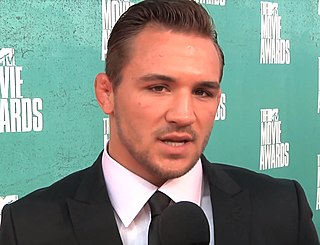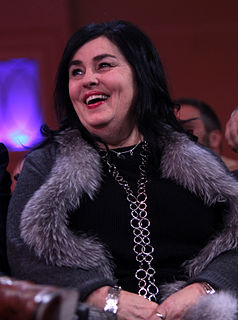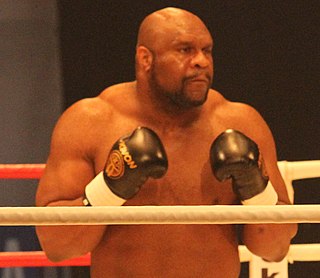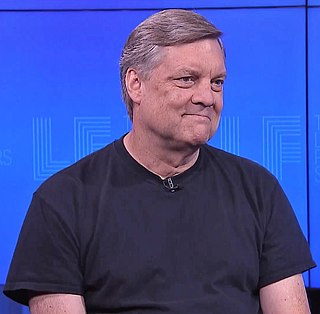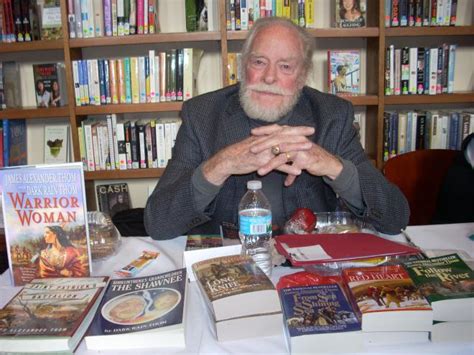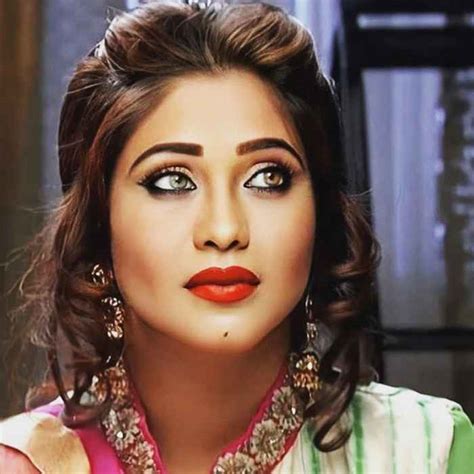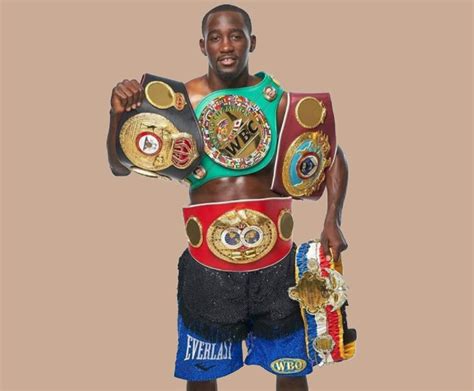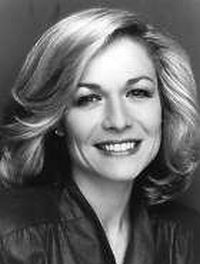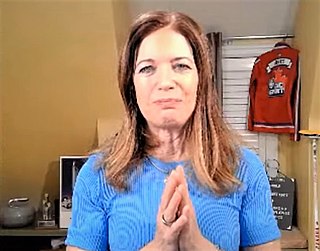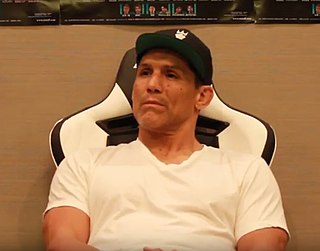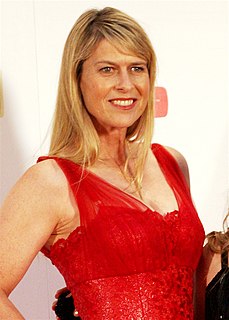A Quote by Michael Chandler
If fighting ever got in the way of my marriage, you'd see me sacrifice my career.
Related Quotes
We’ve been fighting about gay marriage for what, 15-20 years now. Is there any evidence that fighting gay marriage is contributing to a greater appreciation among the broad society of the marital institution? Is there any evidence that the re-institutionalization of marriage is happening as a result of opposing gay marriage? And the best answer I can give to that is 'no.'
Both men and women today see marriage not as a way of creating character and community but as a way to reach personal life goals. They are looking for a marriage partner who will 'fulfill their emotional, sexual, and spiritual desires.' And that creates an extreme idealism that in turn leads to a deep pessimism that you will ever find the right person to marry.
I don't have any regrets, really. What I got out of the sport was more than I ever dreamed was possible. We took some good runs at the Olympics, but the closest we got was third in the Canadian trials. But I can't ever say I regret that, because I loved the career we had. And for me, that was enough.
If you're not sure how you feel about same-sex marriage, go and meet some of the families and see what they're looking for. Once you take it out of the caricature of what gay people are and what gay marriage is, and put it in the reality of family and what these folks are fighting for, it's really amazing.
